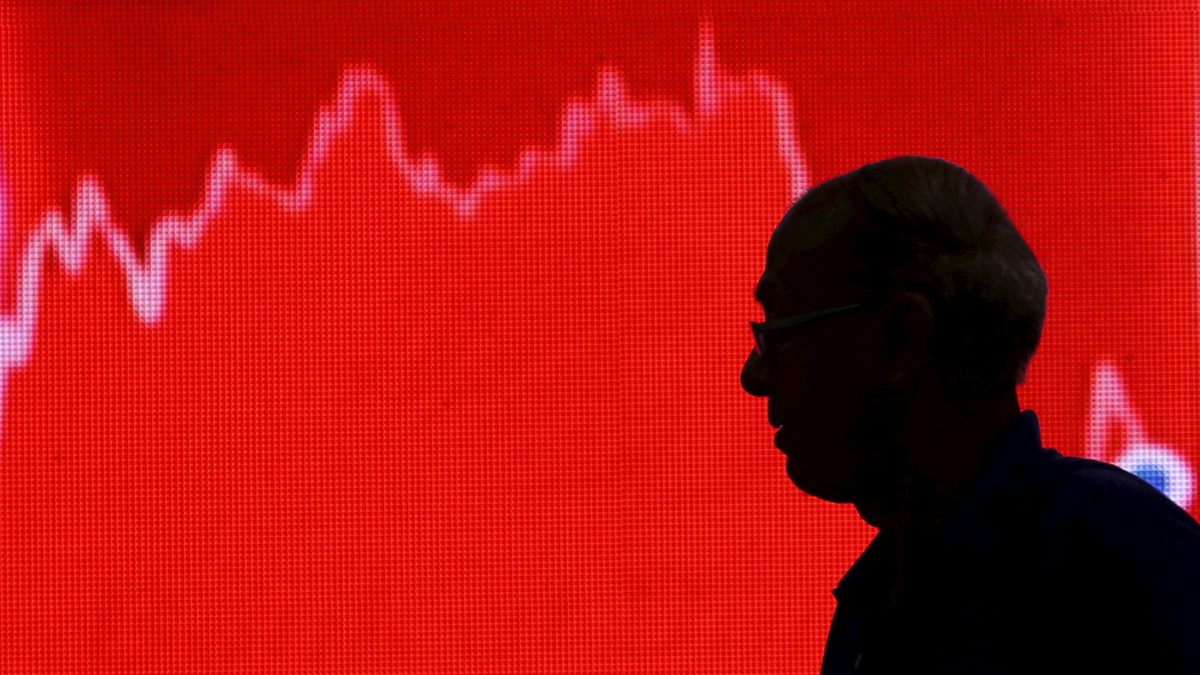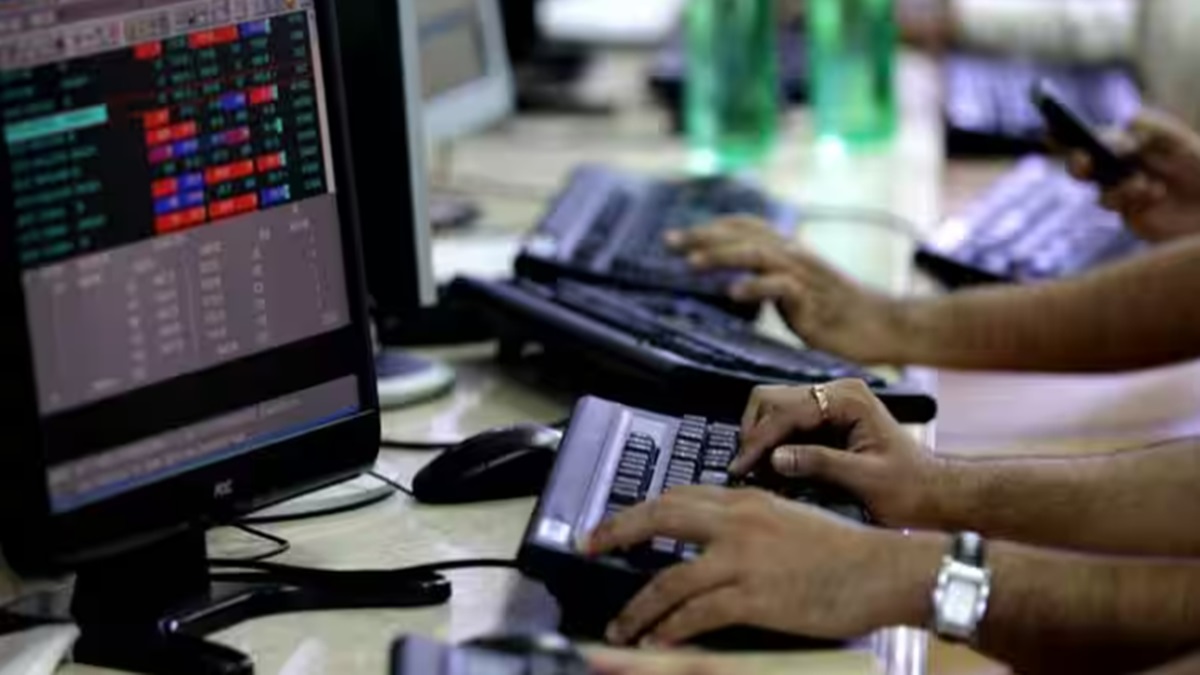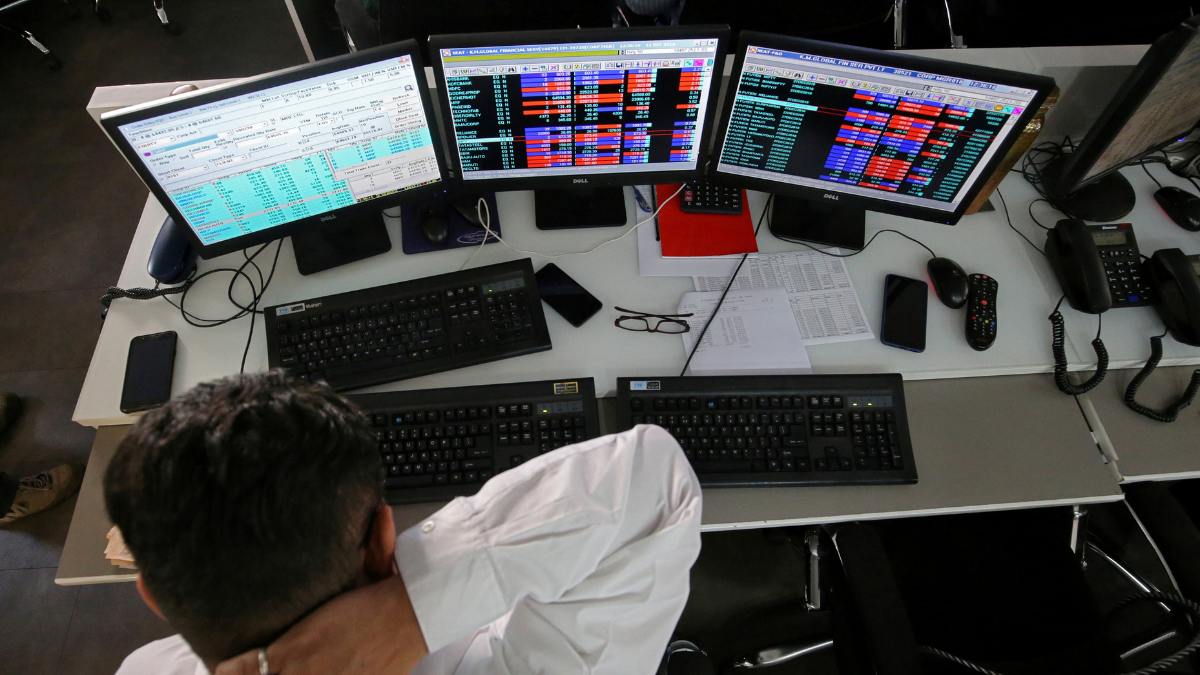Foreign institutional investors (FII) offloaded shares worth net Rs 1,816.91 crore, while domestic institutional investors (DII) added shares worth net Rs 1,622.05 crore on November 1, 2023, according to the provisional data available on the NSE.
“Markets anticipate a status quo in the Fed policy however sustenance of the high rate for a prolonged period is the issue. Ease in demand, as reflected by October PMI data, led to more cautiousness in India compared to Asian & European peers. However, good H1 gross tax collection and in-line expectation monthly volume demand by the auto sector, resulted in a minimal negative effect,” said Siddhartha Khemka, Head – Retail Research, Motilal Oswal Financial Services.
The Federal Reserve held interest rates steady on Wednesday but left the door open to a further increase in borrowing costs in a policy statement that acknowledged the US economy’s surprising strength, but also nodded to the tighter financial conditions faced by businesses and households, reported Reuters.
“Even though the pause decision of the Fed was on expected lines, the commentary was not hawkish as the market feared. The Fed chief Jerome Powell’s comment that ‘despite elevated inflation, the longer term inflation expectations remain well anchored’ was taken by the market as a slightly dovish statement. The implication of this statement is that the Fed may not hike rates again in this rate hiking cycle. Consequently the bond yields declined sharply. The benchmark 10-year bond yield declined 17 bp to 4.75 percent and the equity markets responded positively,” said V K Vijayakumar, Chief Investment Strategist at Geojit Financial Services.
Previously on Wednesday, the NSE Nifty 50 dropped 90.45 points or 0.47% to settle at 18,989.15, while the BSE Sensex shed as much as 283.60 points to 63,591.33.
Foreign institutional investors (FII) or Foreign portfolio investors (FPI) are those who invest in the financial assets of a country while not being part of it. On the other hand, domestic institutional investors (DII), as the name suggests, invest in the country they’re living in. Political and economic trends impact the investment decisions of both FIIs and DIIs. Additionally, both types of investors – foreign institutional investors (FIIs) and domestic institutional investors (DIIs) – can impact the economy’s net investment flows.




